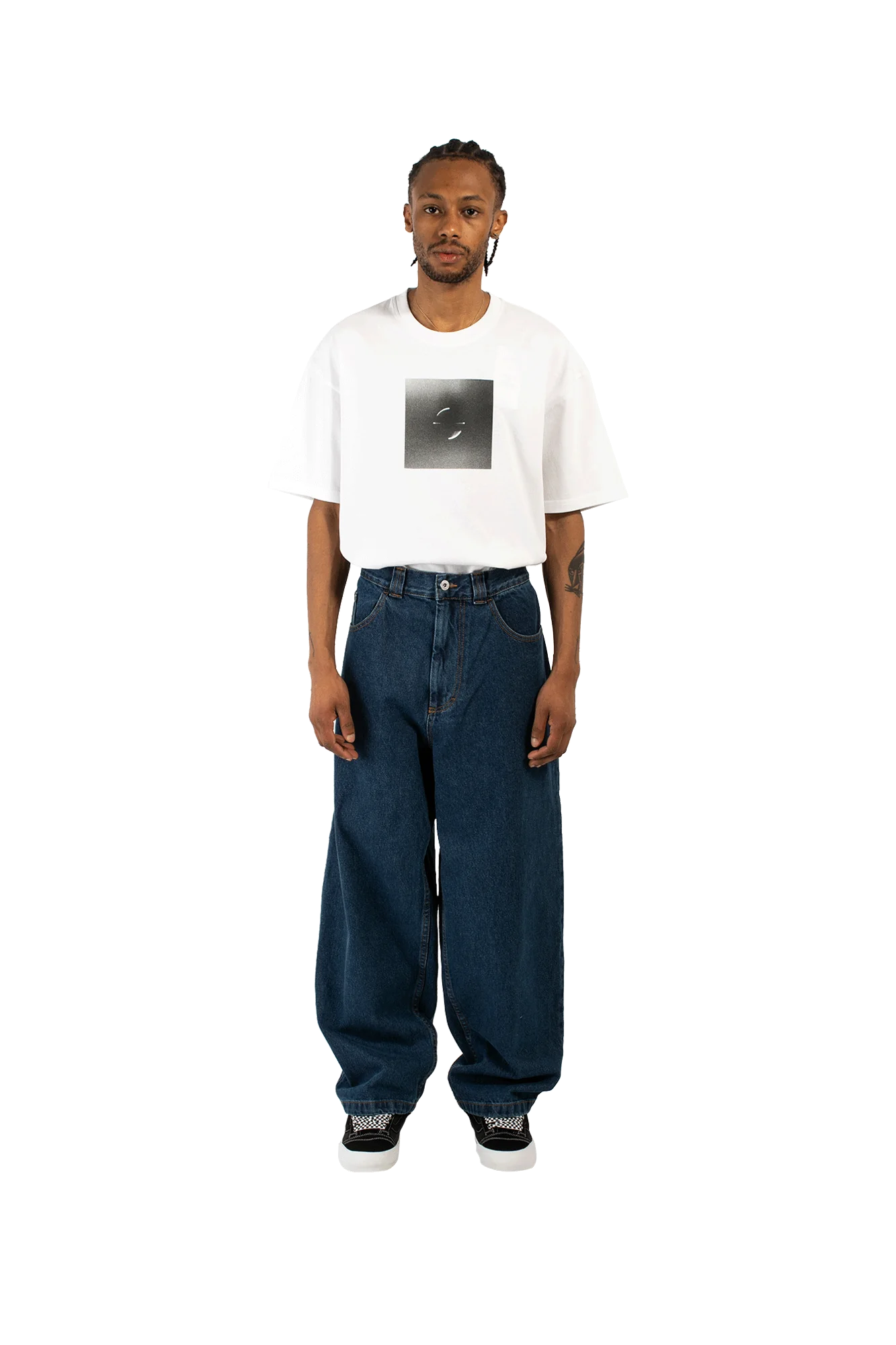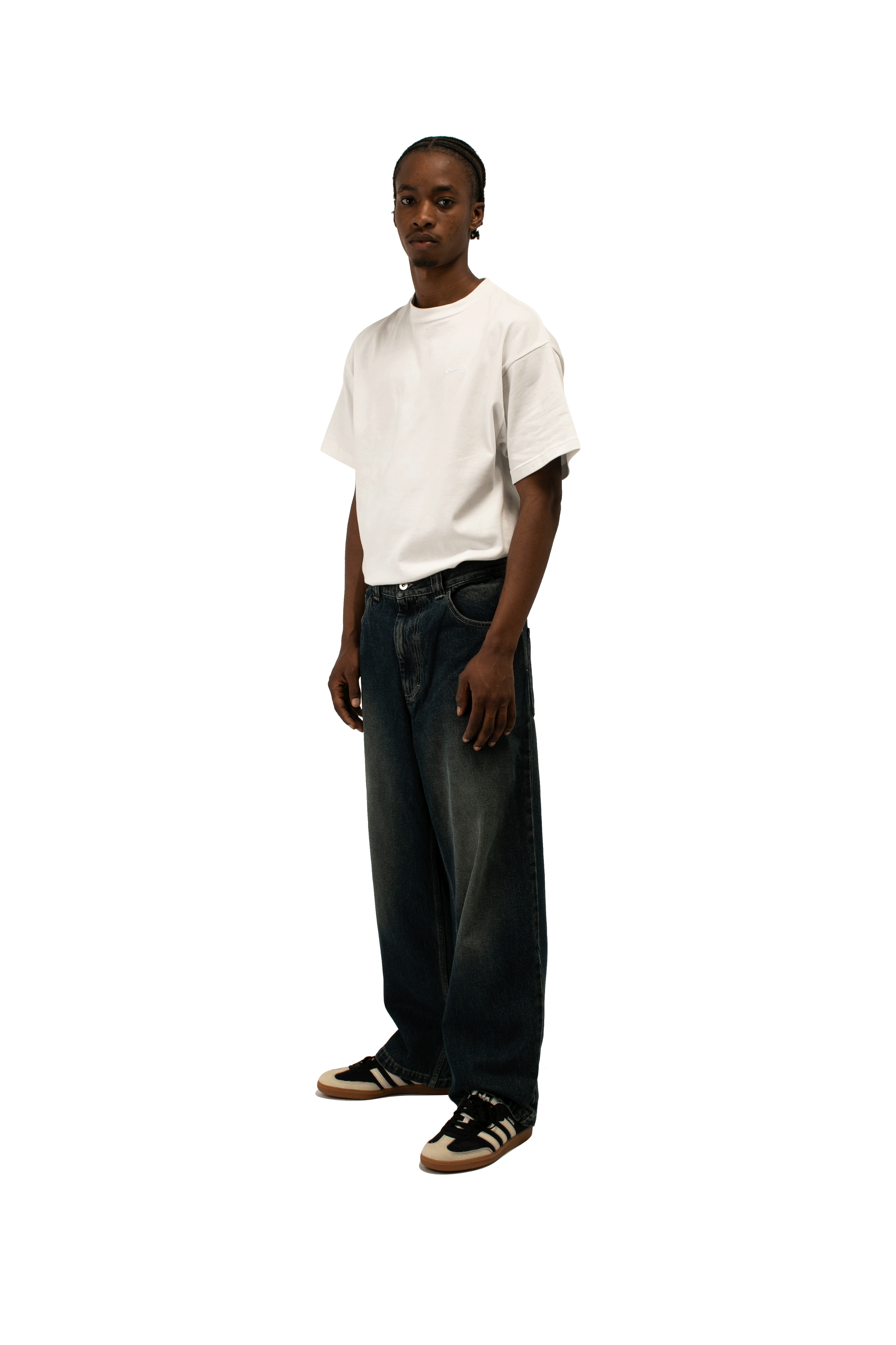1 Jeans Weight In Kg: The Ultimate Guide To Understanding Your Denim
Have you ever wondered how much your favorite pair of jeans weighs? Or maybe you're someone who's curious about the nitty-gritty details of denim production? Well, buckle up because we're diving deep into the world of jeans weight, and trust me, it's more fascinating than you'd think. From the material used to the final product, understanding jeans weight in kg can make a huge difference in your shopping experience.
When it comes to fashion, jeans are a timeless staple. But have you ever stopped to think about what makes one pair of jeans different from another? Sure, the cut, style, and brand play a role, but did you know the weight of the fabric is just as important? It's not just about how they look; it's about how they feel and perform. Understanding the weight of jeans in kilograms can help you find the perfect pair for any occasion.
Whether you're a fashion enthusiast, a denim collector, or simply someone who wants to know more about their wardrobe, this article has got you covered. We'll break down everything you need to know about jeans weight, from the basics to the more technical stuff. So, let's get started!
What is Jeans Weight in Kg?
Jeans weight in kg refers to the heaviness of the fabric used to make your favorite pair of denim pants. But here's the thing: most manufacturers don't actually use kilograms when describing jeans weight. Instead, they use ounces per square yard, or "oz." For example, a pair of jeans made from 12 oz denim would weigh approximately 0.34 kg. Confusing, right? Don't worry, we'll break it down for you.
Why Does Jeans Weight Matter?
Jeans weight matters because it affects how the jeans feel, how durable they are, and even how they look. A heavier pair of jeans, say around 14-16 oz, will feel sturdier and more rigid, making them perfect for colder weather or casual wear. On the other hand, a lighter pair, around 8-10 oz, will be more breathable and flexible, ideal for warmer climates or everyday use.
- Heavyweight jeans (14-16 oz): Durable, great for outdoor activities.
- Midweight jeans (11-13 oz): Versatile, suitable for most occasions.
- Lightweight jeans (8-10 oz): Comfortable, perfect for summer.
How to Measure Jeans Weight
Measuring jeans weight is easier than you might think. Most manufacturers will specify the weight of the denim used on the label, but if you're curious about your existing pair, here's how you can do it:
Step-by-Step Guide to Measuring Jeans Weight
First, grab a scale that measures in kilograms. Then, weigh your jeans. Simple, right? But if you want to get technical, you can also estimate the weight based on the fabric's thickness and density. Here's a quick guide:
- Thick, rigid fabric = heavier weight (14-16 oz).
- Medium-thick fabric = midweight (11-13 oz).
- Thin, flexible fabric = lightweight (8-10 oz).
Factors That Affect Jeans Weight
Several factors contribute to the weight of your jeans. The type of fabric, the weave, and even the dyeing process can all influence how heavy your jeans are. Let's take a closer look at these factors:
1. Fabric Type
Denim is the most common fabric used for jeans, but there are variations. Some jeans are made from a blend of cotton and elastane, which makes them stretchier and lighter. Others stick to 100% cotton for a more traditional feel. The choice of fabric directly impacts the weight of your jeans.
2. Weave Pattern
The way the fabric is woven also affects its weight. Twill weave, for example, is the most common type used in denim production. It creates a diagonal pattern and adds structure to the fabric, making it heavier. Other weaves, like plain weave, can result in lighter, more breathable jeans.
3. Dyeing Process
The dyeing process can add weight to your jeans. Indigo dye, the classic blue color associated with denim, is applied multiple times to achieve the desired shade. Each layer adds a bit of weight, making darker jeans slightly heavier than lighter ones.
Popular Denim Brands and Their Jeans Weight
Not all jeans are created equal, and different brands have their own signature denim weights. Here's a breakdown of some popular brands and their typical jeans weight:
1. Levi's
Levi's is known for its classic 501 jeans, which are usually made from midweight denim (11-13 oz). However, they also offer lighter and heavier options depending on the collection.
2. Wrangler
Wrangler specializes in rugged, durable jeans with heavier weights (14-16 oz), perfect for workwear and outdoor activities.
3. Lee
Lee offers a range of jeans from lightweight to heavyweight, catering to different styles and preferences. Their signature relaxed fit jeans are typically midweight (12-13 oz).
Jeans Weight and Comfort
Comfort is a key factor when choosing jeans, and weight plays a big role in that. Lighter jeans are generally more comfortable for everyday wear, especially in warmer weather. Heavier jeans, while more durable, can feel restrictive and may not be the best choice for long hours of wear.
Tips for Finding the Right Jeans Weight for Comfort
- For summer: Go for lightweight jeans (8-10 oz).
- For winter: Opt for heavyweight jeans (14-16 oz).
- For year-round wear: Choose midweight jeans (11-13 oz).
Jeans Weight and Style
Style is another important consideration when it comes to jeans weight. Different weights can complement different body types and fashion styles. For example, a heavier pair of jeans can create a more structured look, while a lighter pair can offer a more relaxed, casual vibe.
Matching Jeans Weight to Your Style
- Formal occasions: Midweight jeans with a sleek fit.
- Casual outings: Lightweight jeans with a relaxed fit.
- Outdoor adventures: Heavyweight jeans with a rugged finish.
Jeans Weight and Durability
Durability is often a priority when it comes to jeans, and weight plays a crucial role in how long your jeans will last. Heavier denim is generally more durable and can withstand wear and tear better than lighter fabrics. However, lighter denim can still be durable if it's made from high-quality materials.
Tips for Extending the Life of Your Jeans
- Avoid washing too often to preserve the fabric.
- Turn jeans inside out before washing to reduce fading.
- Hang dry instead of using a dryer to prevent shrinking.
Jeans Weight and Sustainability
In recent years, sustainability has become a major concern in the fashion industry. The weight of jeans can also impact their environmental footprint. Heavier denim often requires more resources to produce, while lighter denim can be more eco-friendly. Many brands are now focusing on sustainable practices to reduce their impact on the planet.
Sustainable Denim Brands to Watch
- Patagonia: Known for their eco-friendly materials and ethical production practices.
- Eileen Fisher: Offers sustainable denim made from organic cotton.
- People Tree: Specializes in fair trade and organic denim.
Conclusion
Understanding jeans weight in kg can help you make more informed decisions when shopping for denim. Whether you prefer lightweight, breathable jeans for summer or heavy-duty jeans for winter, knowing the weight of the fabric can guide you toward the perfect pair. Remember, comfort, style, and durability all depend on the weight of your jeans.
So, the next time you're out shopping, don't forget to check the weight of the denim. And if you're still unsure, feel free to ask the salesperson for advice. Happy shopping, and don't forget to share this article with your friends!
Table of Contents
- What is Jeans Weight in Kg?
- Why Does Jeans Weight Matter?
- How to Measure Jeans Weight
- Factors That Affect Jeans Weight
- Popular Denim Brands and Their Jeans Weight
- Jeans Weight and Comfort
- Jeans Weight and Style
- Jeans Weight and Durability
- Jeans Weight and Sustainability
- Conclusion

Big Boy Jeans One Block Down

Big Boy Jeans One Block Down
Weight 1 Kg Icon Flat Illustration Stock Vector (Royalty Free